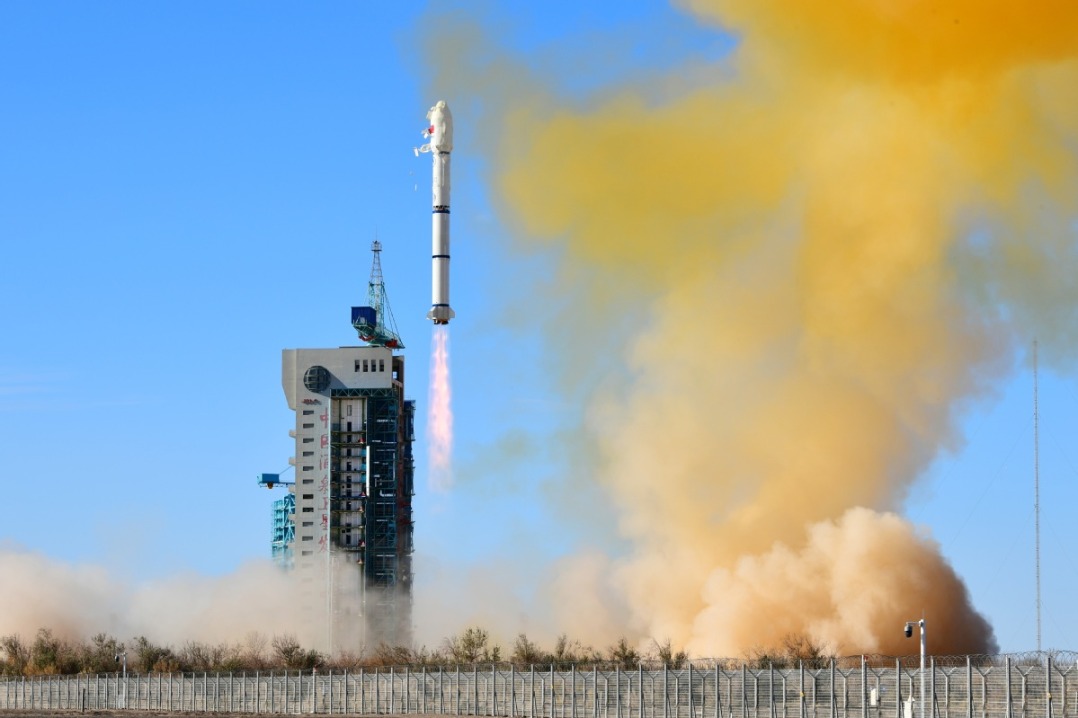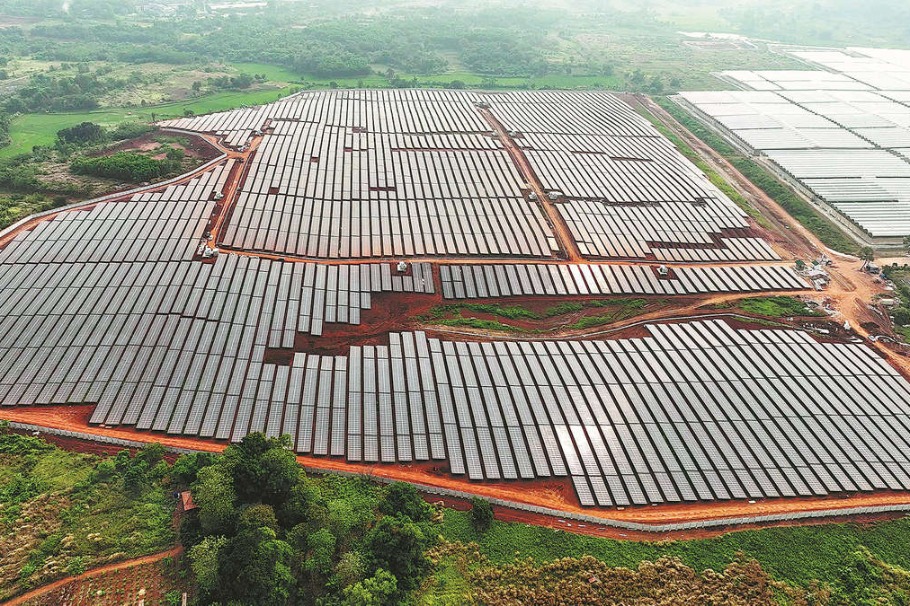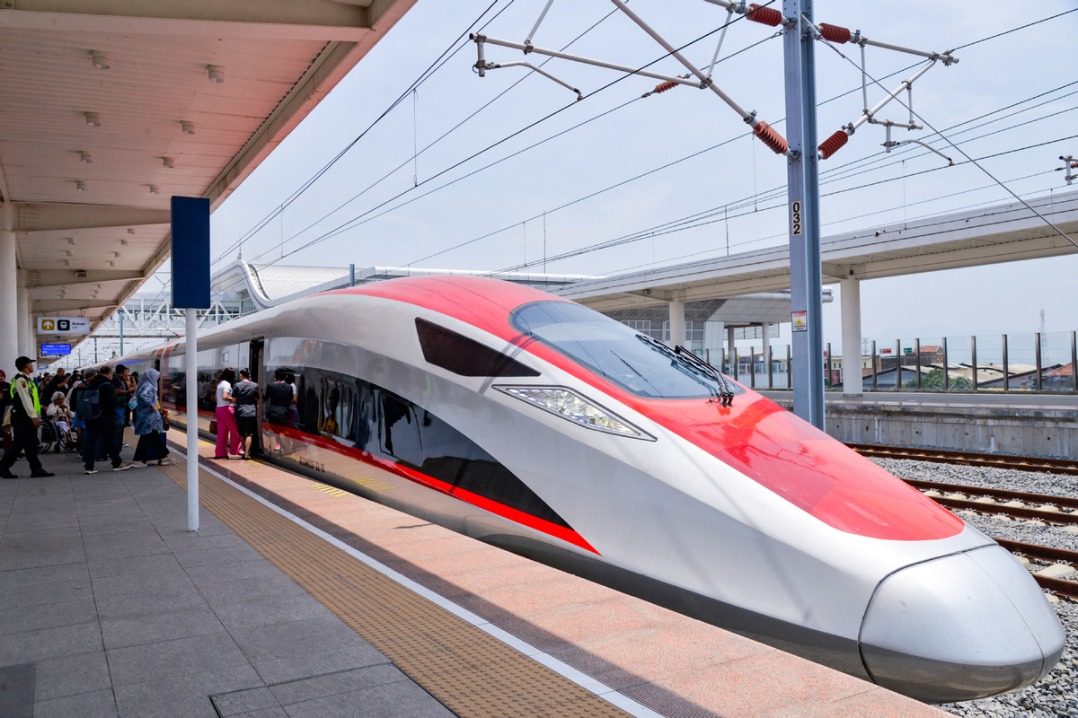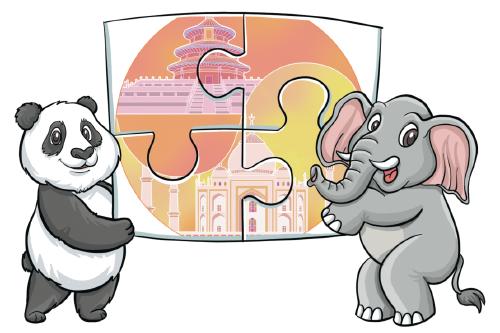IAEA resolution confrontational not constructive: China Daily editorial

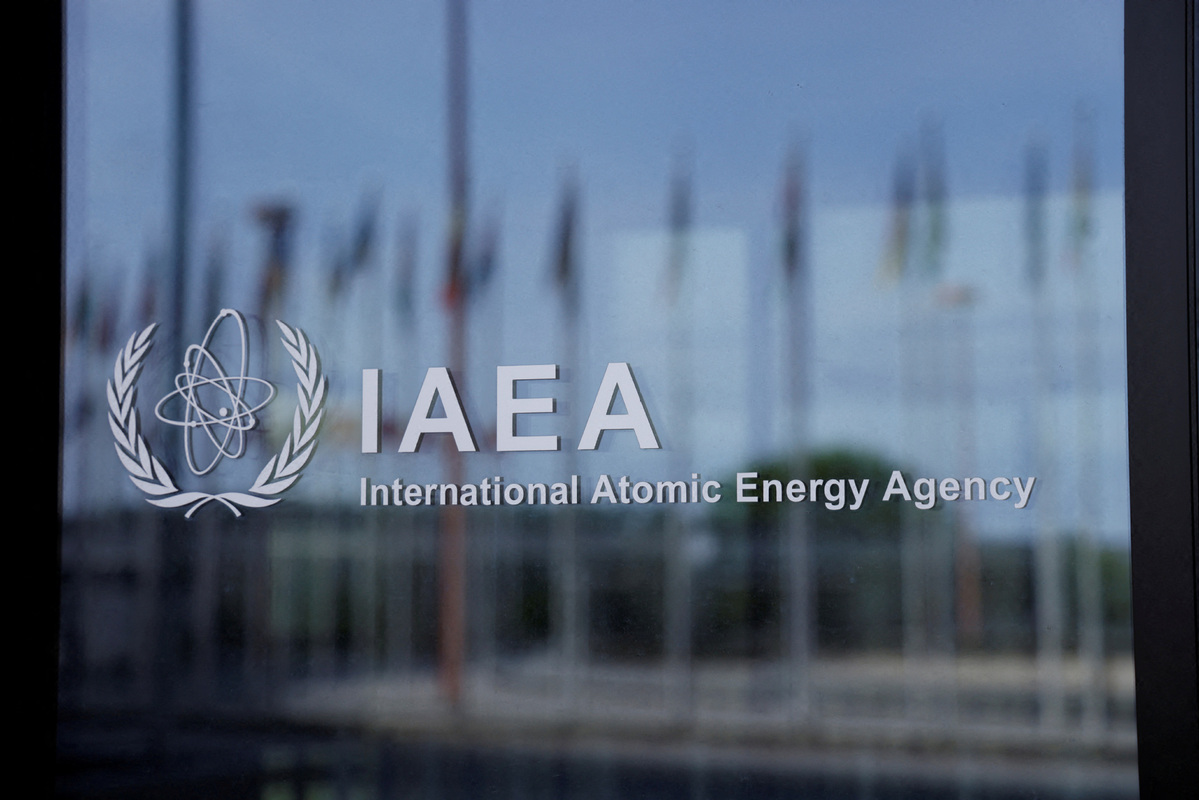
The International Atomic Energy Agency's decision on Wednesday to censure Iran for its failure to cooperate with the UN agency will neither help foster the necessary momentum for reviving the 2015 Iranian nuclear deal nor contribute to a fair, equitable environment for preventing nuclear proliferation.
The decision was apparently influenced by the UN nuclear watchdog's report a week ago, which said Iran has further increased its stockpile of uranium enriched to near weapons-grade levels. The agency is now demanding Teheran provide answers to questions that are part of its long-running investigation and reverse its ban on several experienced UN inspectors carrying out on-site investigations.
It is an open secret that Teheran and the IAEA in recent years have clashed on how and where the agency can conduct probes into Iran's nuclear program. But that is something that should be settled through negotiations and dialogue. Adopting confrontational stances will only push the two sides further apart, shutting the door on any accommodation being reached.
The standoff between Iran and the UN watchdog stems from the Iranian nuclear issue, which would have been properly resolved long ago if the United States under the previous Donald Trump administration had not unilaterally torn apart the 2015 Iranian nuclear deal.
The reckless US move has left the Joint Comprehensive Plan of Action in limbo and undermined the international efforts made thus far to resolve the thorny issue. Since then, although the current US government says it seeks to return to the multilateral deal, on-and-off negotiations have not yielded enough positive progress to revive the deal.
Any meaningful decisions and discussions on the Iran nuclear issue cannot ignore this important background. Global efforts should ultimately focus on restarting talks for the US' return to the multilateral deal. Otherwise, it will simply be far-fetched to think a meaningful breakthrough can be made in the current impasse.
Despite the IAEA's recent censuring of Iran for noncooperation, Teheran has said it is still committed to the international deal despite the US' pullout. In early May, IAEA Director-General Rafael Grossi paid a successful visit to Iran and the agency has maintained constructive exchanges with the Iranian side, with both sides vowing to push forward the IAEA's safeguard work in Iran.
Under such a backdrop, China and Russia voted against the resolution against Iran at a meeting of the 35-member IAEA board, while 12 other countries, including South Africa, India, Saudi Arabia, Indonesia and Turkiye, abstained. Those countries share the common view that there is still room to resolve the IAEA's differences with Teheran through dialogue.
There is no doubt that the international community should go all out to build a nuclear-free world. After all, with conflicts raging in Europe and the Middle East, the global situation is highly volatile and it is imperative to keep a tight lid on nuclear weapons and their proliferation. That includes the nuclear-powered submarine cooperation among the AUKUS countries.
















